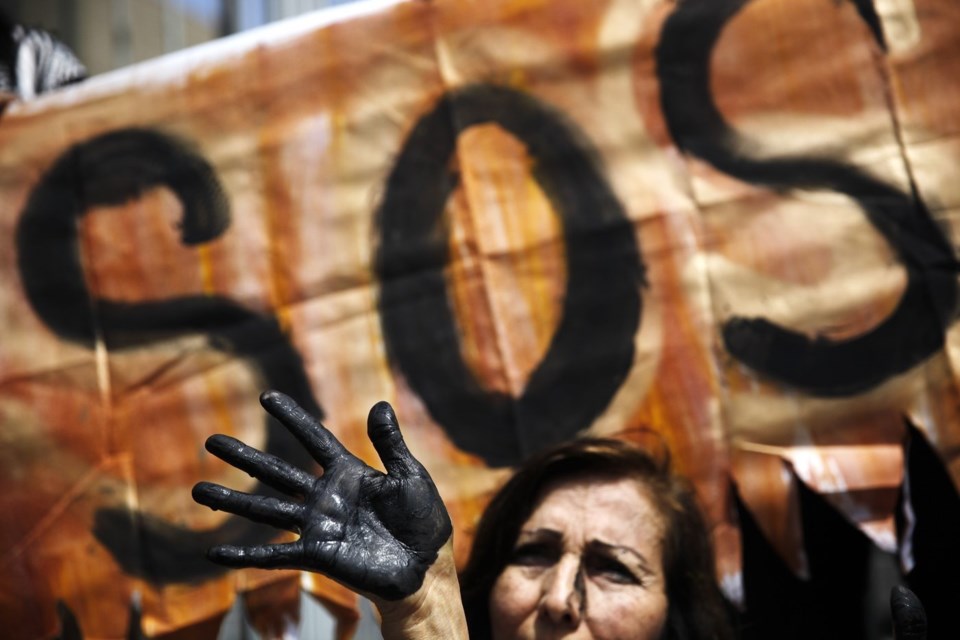's state-run oil company failed to attract any bids to develop an oil field that overlaps ancestral territories of several Indigenous groups, prompting celebration by the communities and environmentalists on Friday.
The land parcel known as Block 64, which overlaps the ancestral territories of the Achuar, , and Chapra nations, has long been the focus of resistance.
Thursday’s failed tender by Petroperu marked a major blow to its plans to expand oil production in the region.
“It’s great news amid so much hardship we’ve been experiencing — a relief, but we remain on alert,” Olivia Bisa Tirko, president of the Chapra Nation’s autonomous territorial government in Loreto, Peru, told The Associated Press by phone.
Petroperu told AP in a written statement that several companies were interested in Block 64 but withdrew at the last minute due to internal strategic shifts, not external pressure.
The company denied that Indigenous opposition played a role, asserting that local communities support oil development and are urging operations to begin. It also said that the block has the required community approval — known as a social license — which is seen as crucial for multinational oil and gas projects to proceed without conflict.
Since 1995, Indigenous groups have strongly opposed oil development in the area, blocking multiple companies due to environmental and rights concerns. In 2022, Petroperu took control of Block 64, which known as an oil concession where the government has granted rights to explore and extract oil within a specific territory.
¨It's been a fight ever since the Peruvian state granted the concession without consultation or consent (from Indigenous communities),¨ Bisa Tirko said. ¨For more than 25 years, we have been fighting and resisting to defend our right to live in a healthy and balanced environment.¨
The outcome underscores the mounting legal, environmental and reputational risks deterring investors from Amazon oil development.
Andrew Miller, advocacy director at Amazon Watch, an organization that works to protect the rainforest, says strong local opposition has deterred several multinational oil companies from developing Block 64 since 1995. He said that pollution from other oil blocks has harmed other communities in the Amazon.
"The history of their sister Indigenous communities in neighboring oil blocks is poisoned water sources, social division and impoverishment," Miller said. “Each day the oil doesn’t flow is a day they can still use the rivers for their sustenance, as they always have.”
Miller says despite multinational companies having invested tens of millions of dollars in past attempts to develop Block 64, none have seen a return, suggesting the industry now sees it as a costly financial dead end. Despite this, he believes the Peruvian government will keep searching for a way to encourage development of Block 64.
“Local communities and their allies will remain alert to this zombie project which has been killed multiple times but always attempts to return from the dead,” he said.
—�Ĕ
The Associated Press’ climate and environmental coverage receives financial support from multiple private foundations. AP is solely responsible for all content. Find AP’s for working with philanthropies, a list of supporters and funded coverage areas at .
Steven Grattan, The Associated Press



